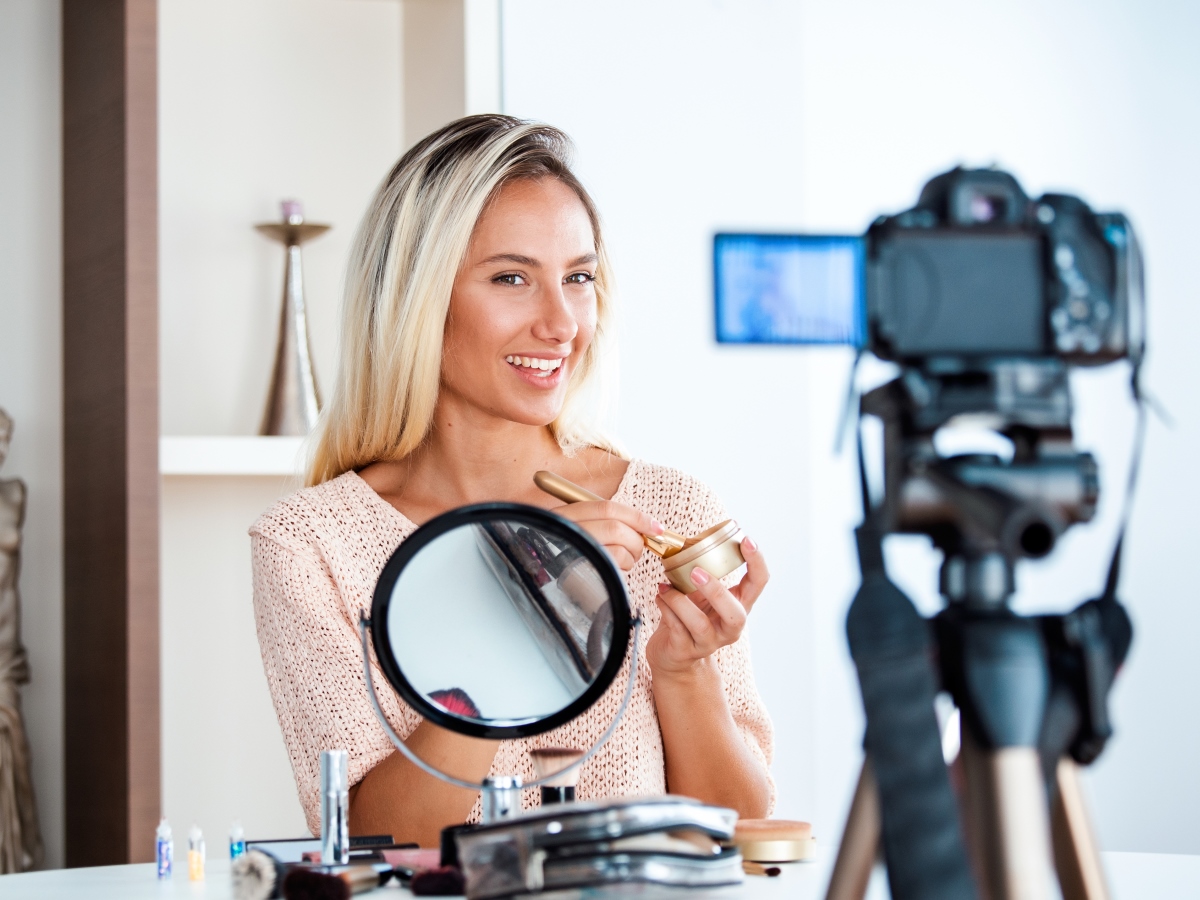As the world’s and Australia’s largest beauty company, L’Oréal has been at the forefront of establishing its own global influencer ethics and is a pioneer in the use of influencer partnerships.
From the get-go, influencer marketing has attracted controversy and continues to do so. Key issues have always been and remain transparency and best practice.
AiMCO, the Australian Influencer Marketing Council, was founded in September 2019. Regarded as the leading source of industry knowledge, campaign management and trends, the alliance of more than 40 social media agencies, talent agencies, content creators and influencer marketing tech debuted its Influencer Marketing Code of Practice in July 2020.
Following input from more than 50 companies across several industries, the code includes influencer vetting and selection, advertising disclosure and contractual considerations such as content rights usage and metrics reporting.
L’Oréal Australia has become the first beauty company to join AiMCO and the multinational has nominated two representatives – Emma Williamson, director of consumer experience, and Jenna Adamson, the company’s corporate legal counsel.
Influencer marketing is here to stay, says Williamson. “We recognise it as a critical lever in how to engage new audiences, reconnect with our existing consumers and tap into forms of content that drives consumer trial and purchase.”
As an ever-present component of our media mix, it’s crucial that we get influencer marketing right, she adds. “Consumers are savvy and if we want them to trust our brands, we need to ensure that the influencers we work with share our values and are authentic and transparent.”

